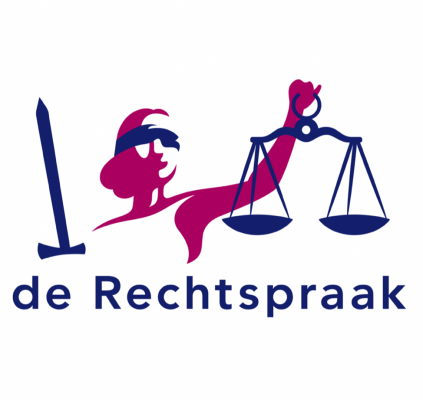In a press statement on January 28, 2021, the Council of Europe called for strict limits on facial recognition technologies. Furthermore, the Council stated, certain applications of facial recognition should be banned altogether to avoid discrimination. The Council cited risks to privacy and data protection.
In a new set of guidelines addressed to governments, legislators and businesses, the 47-state human rights organisation proposes that the use of facial recognition for the sole purpose of determining a person’s skin colour, religious or other belief, sex, racial or ethnic origin, age, health or social status should be prohibited.
This ban should also be applied to “affect recognition” technologies – which can identify emotions and be used to detect personality traits, inner feelings, mental health condition or workers´ level of engagement – since they pose important risks in fields such as employment, access to insurance and education.
“At is best, facial recognition can be convenient, helping us to navigate obstacles in our everyday lives. At its worst, it threatens our essential human rights, including privacy, equal treatment and non-discrimination, empowering state authorities and others to monitor and control important aspects of our lives – often without our knowledge or consent,” said Council of Europe Secretary General Marija Pejčinović Burić.
“But this can be stopped. These guidelines ensure the protection of people’s personal dignity, human rights and fundamental freedoms, including the security of their personal data.”
In the 2020 report Artificial Intelligence and Democratic Values, the CAIDP identified facial surveillance, the use of facial recognition for mass surveillance, as among the most controversial application of Artificial Intelligence. The CAIDP report noted that many NGOs in Europe were pushing for a prohibition.
The COE January 28th announcement also marked the 40th anniversary of the original Council of Europe Convention 108, known as The Privacy Convention. The modernized Convention, “COE 108+,” explicitly addresses new challenges associated with AI deployment. The current COE Secretary General, Marija Pejčinović Burić, came into office in 2019. She is the former Deputy Prime Minister and Minister of Foreign and European Affairs for Croatia.
Announcements
- CAIDP Hosts Panels at CPDP, to Speak at OECD AI Conferences. CAIDP organized two panels at the annual conference on Computers, Privacy and Data Protection – one explored an International Accord for AI, a second examined Fundamental Rights and AI. CAIDP speaks this week at the OECD Conference, AI in Work, Innovation, Productivity, and Skills.
- CAIDP Highlights “Public Voice” The Center welcomes news of upcoming opportunities for the public to provide comments on AI policy.
- CAIDP Promotes AI Policy Events. The Center also provides a calendar of upcoming AI policy events.
Marc Rotenberg, Director
Center for AI and Digital Policy at Michael Dukakis Institute
The Center for AI and Digital Policy, founded in 2020, advises governments on technology policy.











